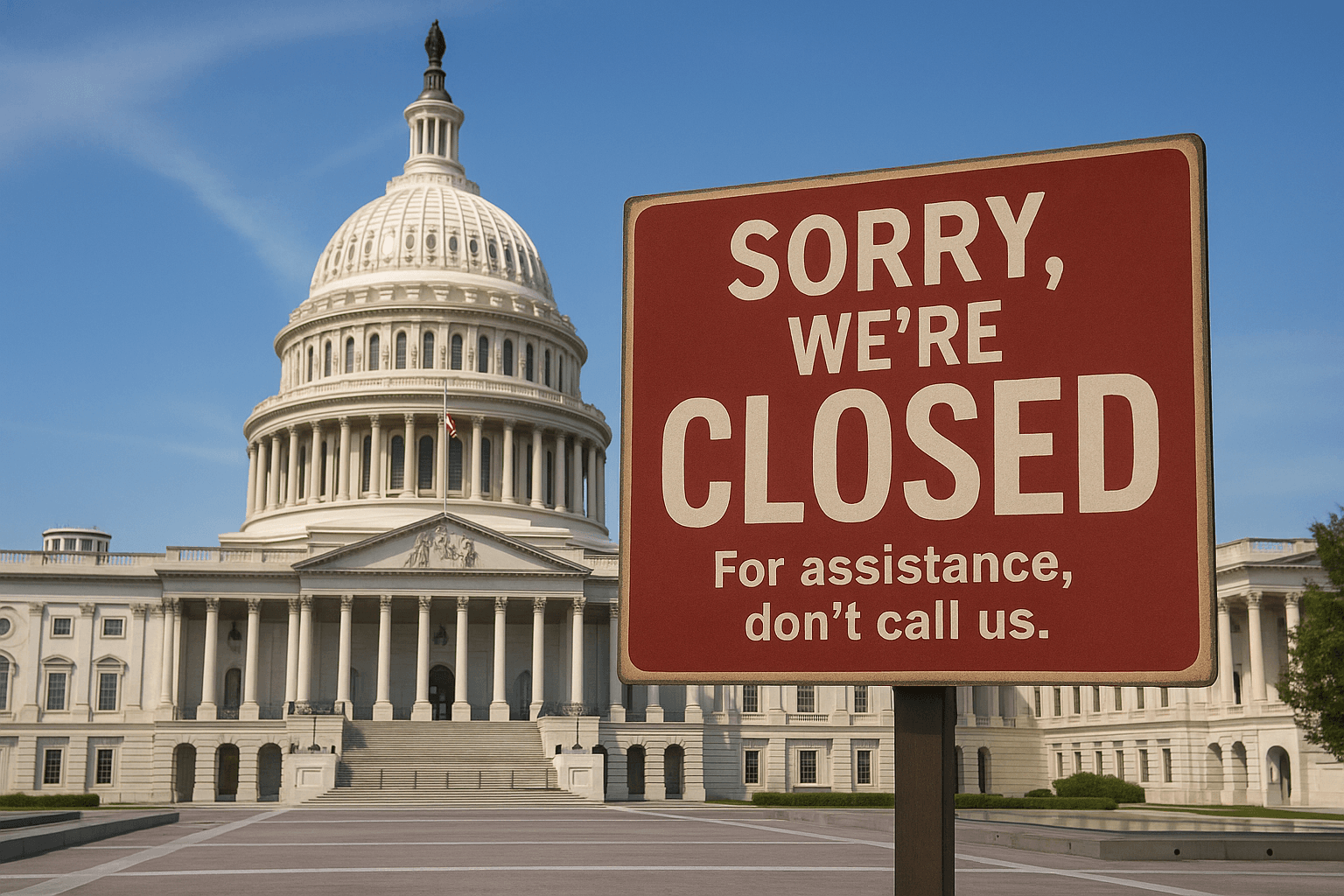Democratic Parties in 19 States Vote in Favor of Superdelegate Reform

To date, seventeen Democratic State Conventions, one legislative district convention, and one county convention have voted to either abolish or reform superdelegates.
Following frustration voiced by Bernie Sanders and his supporters, Maine was the first state to pass a resolution at their convention in early May, followed closely by Alaska.
Since then, Colorado, Hawaii, Idaho, Iowa, Minnesota, Missouri, Nebraska, Utah, Vermont, Virginia, West Virginia, Wisconsin, and Pierce County, Washington, have all passed resolutions drastically changing their rules for superdelegates in their states. Some, such as Wisconsin and Hawaii, moved to abolish superdelegates altogether. Others, like Nebraska and Alaska, voted to require superdelegates to reflect primary results proportionally.
Three states, California, Texas, and New Hampshire, have enacted more mild reforms to the superdelegate system. In California, the resolution still allows governors and congress members to attend the Democratic National Convention as nonvoting guests, and DNC members remain superdelegates.
In Texas, more restrictions were placed on superdelegates in an effort to dilute their power. And in New Hampshire and Washington's 46th Legislative District, voters called on the DNC to revise current superdelegate rules.
Resolutions calling for superdelegate reform in Nevada and Massachusetts failed at their conventions.
Maine's vote was sparked by voting practices deemed unfair following the caucus. Bernie Sanders beat Hillary Clinton in Maine 64 percent to 35 percent.
Yet, he was only awarded one of the five superdelegates for that state. Maine's new rule would assign superdelegates proportionally, according to popular vote.
However, these convention resolutions still face an uphill battle.
None of these resolutions can take full effect until the Democratic National Committee approves them. DNC co-chair of the Rules and Bylaws Committee, Jim Roosevelt, told US Uncut that a new rule forcing superdelegates to more closely reflect voters' voices would fly in the face of more than 50-year-old DNC policies.
According to Roosevelt, these rules are crucial to "avoid having a disaster like the Republicans currently have with Donald Trump."
Widespread national reform on the part of the Democratic Party is dubious at best. Currently, these resolutions are nonbinding for the 2016 cycle.
The Democratic Party Rules and Bylaws Committee is set to hold public hearings in 2018, when it would (hypothetically) adopt these new rules. If passed, they would kick in just in time for the 2020 elections, along with any other delegate reforms introduced at that time.
What's more, virtually no news sources have reported this surge in superdelegate reform resolutions. Although individual state convention reports may relate the passage of these new rules, only Maine's and Nebraska's reforms were widely publicized.
Nonetheless, the petitions calling for an end to superdelegates have gained traction in nearly all 50 states.
With any luck, the attention Bernie Sanders and his followers have drawn to the election process could mean more representative voting in the future. If nothing else, this grassroots movement to end the problematic voting practices of superdelegates represents textbook democracy in action.
Photo credit: Joseph Sohm / Shutterstock.com




